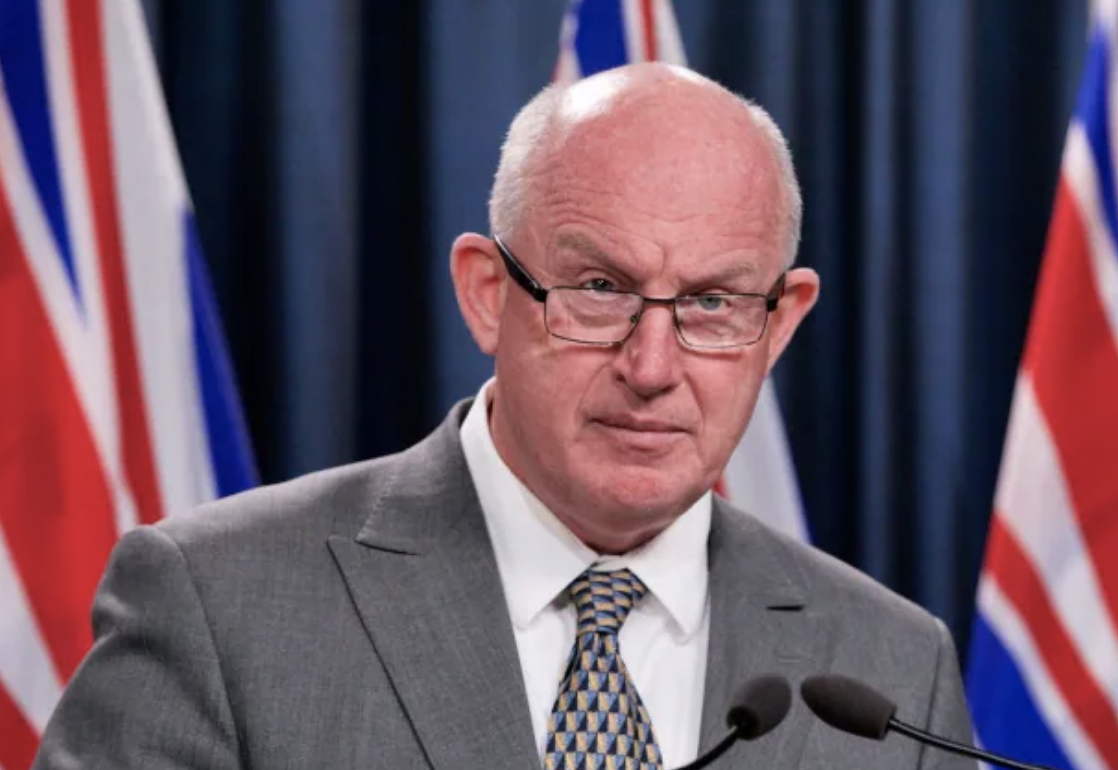With coastal and southwestern B.C. facing heavy rainfall while recovering from severe flooding, the Province is extending the temporary measure to prioritize fuel for essential vehicles and the provincial state of emergency.
The Province is extending a temporary measure to limit non-essential vehicles to 30 litres of fuel (gas and diesel) per trip to a gas station until Dec. 14, 2021.
Given the continued threats of flooding and the continued need of public safety measures under the Emergency Program Act, the provincial state of emergency is being extended until the end of the day on Dec. 14, 2021.
“People in our province have been affected by the devastating floods and while we’re making major progress in our recovery, we’re still in a volatile situation,” said Mike Farnworth, Minister of Public Safety and Solicitor General. “I want to thank British Columbians for doing their part so that essential vehicles can continue to operate. The fuel conservation measures are working but with another storm on its way, we are extending the order to ensure that we prioritize emergency services for another two weeks.”
Since the initial atmospheric river from Nov. 14-16, a series of storms has worsened existing flooding and created new flooding and landslides in southwestern B.C. There are currently 3,606 properties on evacuation orders and 7,402 properties on evacuation alert.
The fuel order applies to all fuel suppliers in the Lower Mainland-to-Hope region, the Sea-to-Sky region, Sunshine Coast, the Gulf Islands and Vancouver Island. Essential vehicles will continue to have unrestricted access to fuel as required, using predominately commercial trucking gas stations (cardlock gas stations).
“I want to thank the fuel suppliers, retailers and gas station attendants who have worked hard over the past few weeks to ensure the fuel supply in the Lower Mainland, the Sunshine Coast and on Vancouver Island and the Gulf Islands has remained steady and secure,” said Bruce Ralston, Minister of Energy, Mines and Low Carbon Innovation. “We are confident that by extending the order, we can maintain a secure supply of fuel over the next few days while infrastructure repairs continue on the Trans Mountain Pipeline.”
All current orders related to non-essential travel on highways 3, 7 and 99 remain in place until highways start to reopen. This includes:
- Highway 3: from the junction of Highway 5 and Highway 3 in Hope to the west entrance to Princeton from Highway 3;
- from the junction of Highway 7 and Highway 9 in Agassiz to the junction of Highway 7 and Highway 1 in Hope; and
- from the junction of Highway 99 and Lillooet River Rd to the BC Hydro Seton Lake campsite access in Lillooet (vehicle weight must be no more than 14,500 kilograms).
“Extending the provincial declaration and fuel limitations will help us with the challenges ahead as we continue repairs to our heavily damaged highways and get our rail and roadways back up and in operation,” said Rob Fleming, Minister of Transportation and Infrastructure. “Having goods move along B.C.’s corridors is vital to moving goods and services to people in need.”
The Province has partnered with the Canadian Red Cross to provide $2,000 to people whose primary residences have been placed on evacuation orders due to flooding, to help meet the immediate needs associated with being evacuated due to flooding.
Disaster Financial Assistance is also available for people in areas affected by flooding and landslides from Nov. 14-16, 2021. This assistance is open to homeowners, residential tenants, businesses, charitable organizations, local governments, Indigenous communities, and farmers.
The state of emergency gives agencies, such as the Ministry of Transportation and Infrastructure, Emergency Management BC, the RCMP, and others the ability to use extraordinary measures to protect people and communities.


